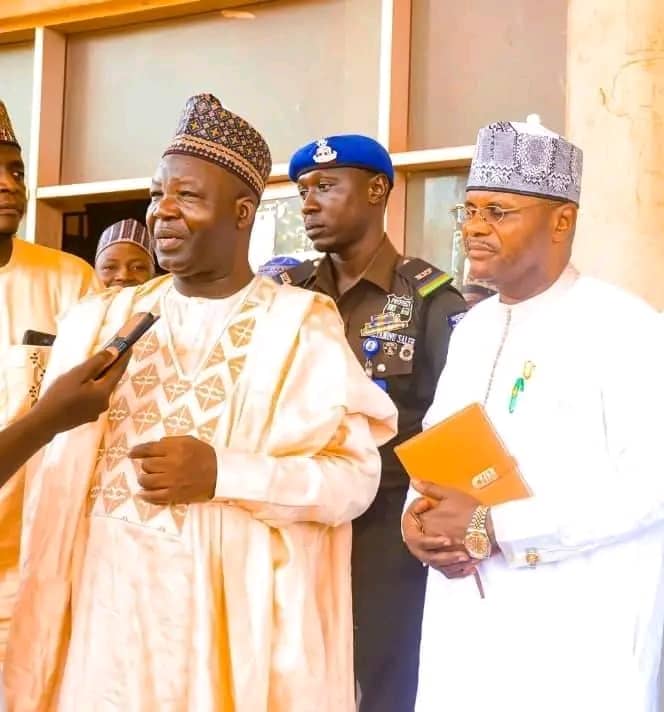The Sokoto State Government has concluded plans to build a new world-class hospital to replace the over 100-year-old Specialist Hospital in Sokoto as part of its overall plan to modernise its healthcare delivery.
This flagship project is in addition to the ongoing rehabilitation of primary healthcare facilities and general hospitals across the state.
The Commissioner for Health, Dr. Faruk Umar Abubakar, disclosed this in a media interview, stating that the decision to replace the ageing facility reflects Governor Ahmad Aliyu’s commitment to ensuring that Sokoto residents have access to modern, quality care and restoring public confidence in government-run health institutions.
“This hospital has served us for over a century. It’s outdated and no longer meets modern healthcare standards,” Dr. Abubakar said. The governor has approved the development of a new world-class hospital that will provide comprehensive and specialist care.”
The new hospital plan is part of a massive infrastructure revamp currently being executed across Sokoto State.
According to the Commissioner, the government has already procured 240 new hospital beds and mattresses, nine ultrasound machines, and three X-ray machines, strategically distributed across the three senatorial districts.
“This is a clear departure from the inaction of past administrations. We are now equipping hospitals at the local government level so patients don’t have to travel all the way to Sokoto metropolis just for a scan or X-ray,” he said.
Dr. Abubakar described the situation he inherited upon assuming office as grim—maternity wards lacked electricity, operating theatres were looted, and there was widespread open defecation due to a lack of toilet facilities.
“It was a scandal, but we are tackling the problems head-on,” he said.
He further disclosed that the government has initiated the installation of solar power systems in all healthcare facilities to guarantee 24-hour electricity, especially in maternity and emergency units.
Boreholes are also being drilled to ensure a constant water supply, and inmates have been engaged to help keep hospital premises clean.
The Commissioner also disclosed that the previously abandoned amenity ward and surgical theatre at the old Specialist Hospital have been rehabilitated as interim measures pending the construction of the new hospital.
“We are not just rehabilitating buildings—we are restoring public trust in government healthcare,” Dr. Abubakar declared.
According to the Commissioner, significant gains are already being recorded due to a renewed emphasis on preventive healthcare and effective community engagement.
Immunisation coverage in the state has improved, while rejection rates have dropped drastically.
Dr. Abubakar revealed that vaccine rejection cases decreased from 4,000 to 1,000 in the last immunisation cycle, thanks to partnerships with traditional rulers and religious leaders.
“Our outreach campaigns, coupled with strong advocacy by community and religious leaders, are changing perceptions and saving lives,” he said.
In line with this transformation, over 125 primary healthcare centres are being rehabilitated across the state.
A 10% salary bonus has also been approved for medical professionals serving in rural areas.
Additionally, four hospitals have been accredited to offer free obstetric care, including cesarean sections, under the National Health Insurance Scheme, further solidifying the government’s commitment to maternal and child health.
“Our approach is holistic, curative and preventive. We’ve strengthened disease surveillance, improved training for epidemiologists, and are working closely with the Pharmacy Council of Nigeria to curb quackery,” the Commissioner added.
The Commissioner emphasised that Governor Ahmad Aliyu’s administration is not waiting for health crises to occur. “We are building systems and facilities that prepare us ahead of time. The era of reactive governance in the health sector is over,” he concluded.















